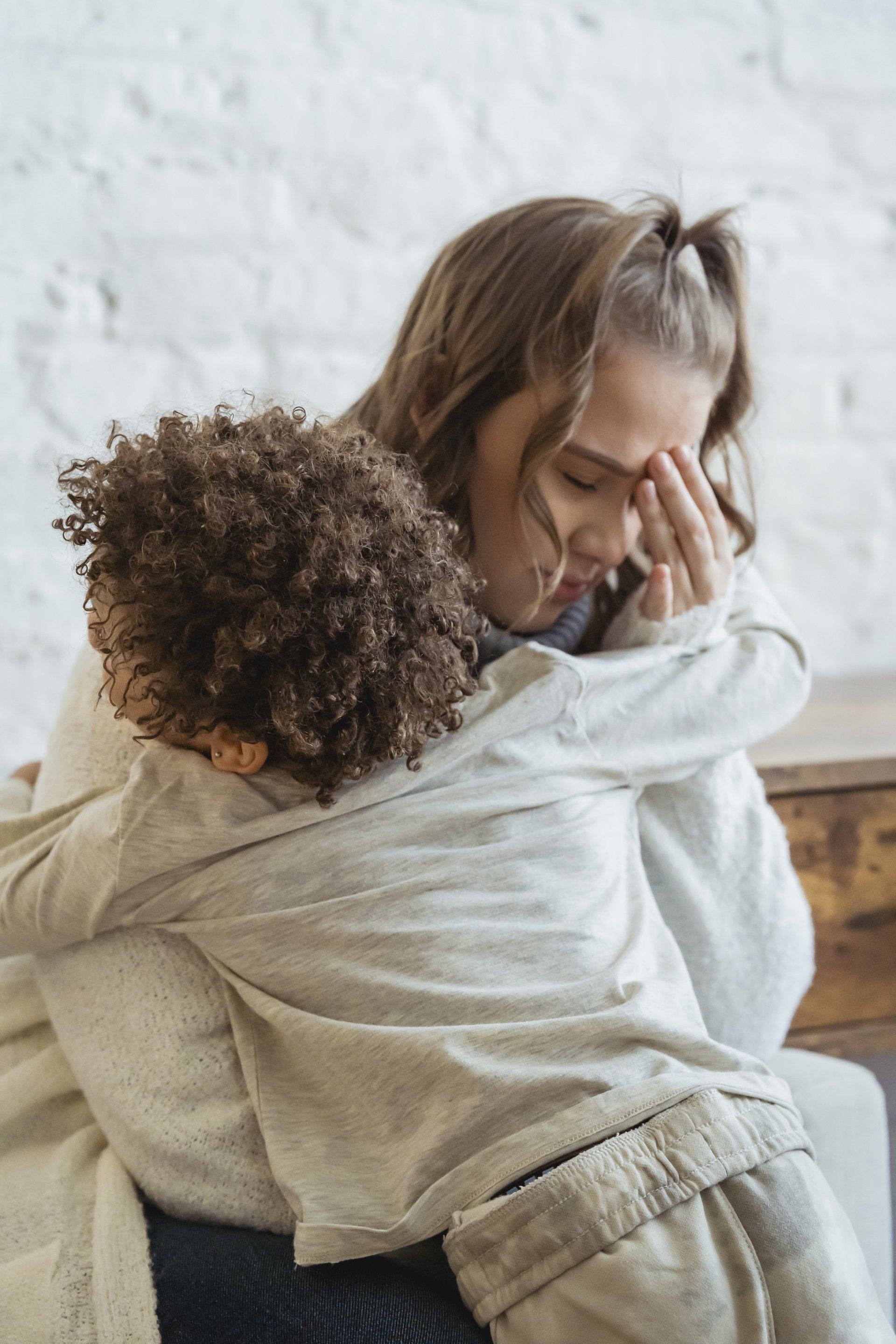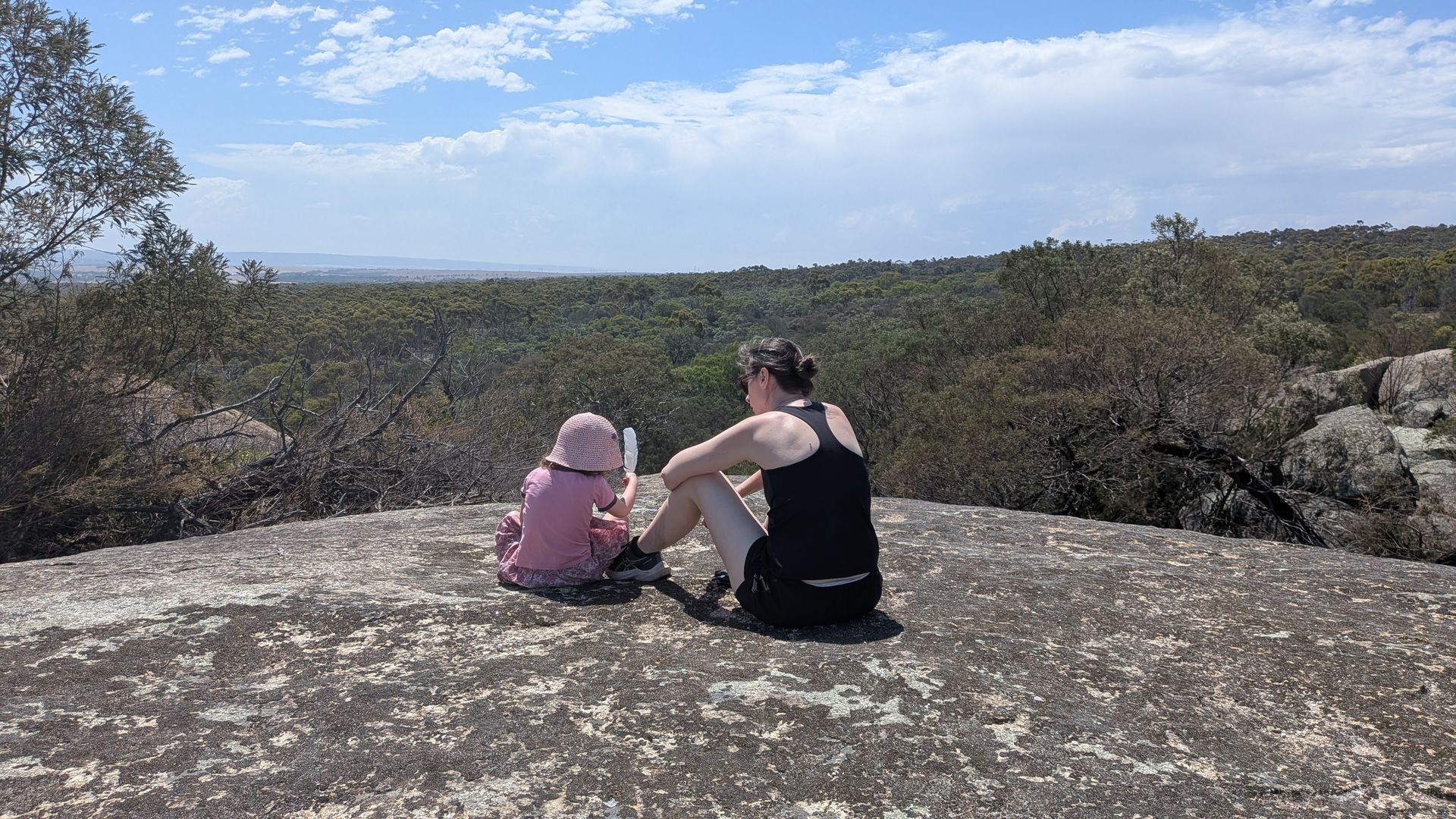A day in the life of a conscious parent!
Do you ever lose it with your kids? Do you shout, yell, feel irritated then feel awful? Do you want to respond more, instead of reacting? Do you want better connection with your kids?

These are the questions I was asking myself!
Life, Covid, work, my own expectations etc. were some of the reasons I explained away my responses to my child and myself. BUT I wanted to be different and so I was looking for answers when I found Jai. I have completed a 12-week program for transformational parenting. Sounds wishy washy???? I can 110% tell you its not.
I have moved away from losing control, shouting, yelling, and feeling like crap about it. I still get frustrated and “dysregulate” sometimes. Now, instead of feeling like crap about it, I get curious! What needs of mine are going unheard??? What stresses are coming up for me? I practice self-compassion. I do meditation (old me would do an eye roll here). Its not silently sitting meditating either its listening to a guided meditation in bed or on the floor with two little humans crawling all over me. Its not always perfect or exactly as I want it to be but it’s doing the best I can.
Recently after a very broken night sleep (teething) I woke up feeling uneasy and bracing myself for the day ahead! Is this how I want to show up for my kids? NO. While my husband played with the kids, I did a short morning guided meditation then had a shower and for the end of the shower I turned the water to cold! Why? Because cold water stimulates your immune system and activates your vagus nerve, which down regulates your stress response. I have learned your nervous system can be trained and nurtured to move to a calmer state, allowing for more connection with yourself & others. With practice this will become easier and allows you to move through challenges with more ease.
Did this work for me- Yes, for the morning, then the afternoon brought on fresh challenges. How did I manage the challenges and frustration? Not perfectly, I was feeling frustrated and overwhelmed after multiple meltdowns. I sat on the floor with my toddler, holding the screaming baby while he shouted at me. I modelled deep breathing; I said I was feeling really uncomfortable in my body and invited him to breathe with me (I was ignored). At one point it got a bit much for me and so I said I was leaving the room to put cold water on my face – this was met with higher pitched shouting and increased discomfort in my body but I did it, I left the room briefly. I threw cold water on my face, looked at myself in the mirror and took some deep breaths then returned to my screaming children.
I was able to soften my facial expressions and tone of voice. I was able to meet my son with compassion and empathy. I got down to his level, made eye contact and when he was able to listen I apologised for my previous tone. I explained that I was having big emotions that were hard for me and I’m working on myself to be a more supportive Mama. With some playful interaction we managed to get slippers on him (refused shoes) and went outside to play around the veggie garden. It was what I needed, what he needed and baby too. The kids explored, got dirty and I had 5 minutes to pause, regulate and reflect. I reflected on how even though I didn’t show up perfectly in this moment I did a great job. In the past I would have had my own meltdown and probably shamed my child. Now I showed him I am a work in progress and that I can have big emotions too. I showed him its okay to step out if needed to regulate, to put my needs first so that I can show up for him and his sister.
When my husband came home I put on my coat, earphones in and listened to a podcast while I went and got milk in the shop. Was this enough to fill my cup? Of course not, but it was mindless time for me and in the day that was, that was enough for now.
At bedtime my son was stalling getting into bed and my husband came and said, I’m feeling frustrated and know that you can help here. He also said my son said “Mama is the calm one” I smiled as I made my way to the bedroom. This was huge! I have never been described as this before. He also stalled with me. I gave him options and set a boundary. I asked him directly if he was delaying because he wanted Mama and Dad to stay longer and he confirmed this to be true. My son wanted to keep the connection despite our growing frustration. I hugged him, explained it was bedtime and that I would read one more story but then I had to leave to do some work and get some sleep. It wasn’t what he wanted but it was all I could give and he accepted. We read a story and he climbed into bed. We did usual playful goodnight and I left room. I saw on monitor he was asleep within 5 minutes. A win and I sat for 10 minutes until the baby woke.
Parenting is by far my greatest joy and biggest struggle. I am not perfect, but I have learned tools that not only help me but my whole family.

